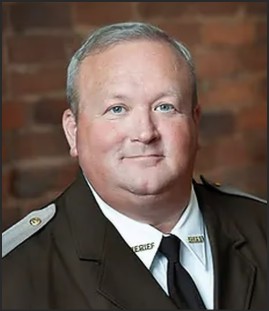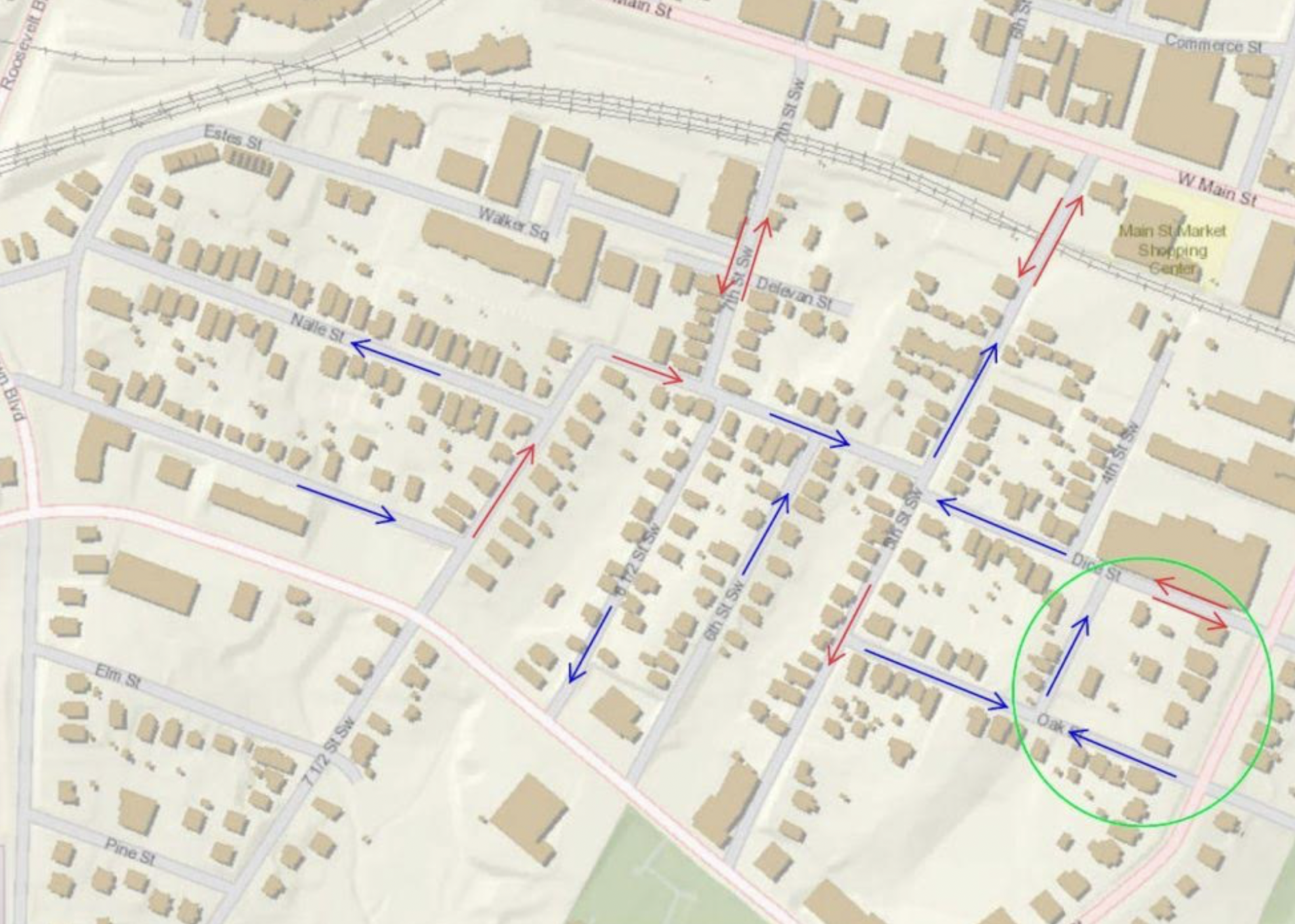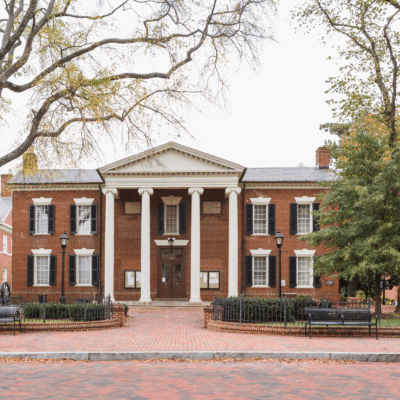While running a contested race for sheriff of Culpeper County in 2023, Scott Jenkins was looking to “fill the war chest,” according to a federal indictment.
To do this, he accepted at least $75,000 from northern Virginia businessmen to be appointed auxiliary sheriff’s deputies, and helped one wealthy felon get his gun rights restored, despite not meeting Culpeper County residency requirements.
But the first pay-to-play donor goes back nearly 15 years. His name is Kevin Rychlik, a Marine veteran from Gainesville who testified that he paid $5,000 to be added as an auxiliary deputy in 2011, having risen to the rank of auxiliary lieutenant by 2021, when his aviation businesses came under investigation for tax fraud. Hoping for a lighter sentence, he approached the FBI about Jenkins’ history of bribery.
Rychlik agreed to wear a wire, and the investigation culminated in 2023, when the FBI seized Jenkins’ campaign funds. Jenkins lost the election for sheriff in a landslide.
Following a weeklong trial, Jenkins was convicted on one count of conspiracy, four counts of honest services fraud, and seven counts of bribery concerning programs receiving federal funds in December of 2024. His co-defendants, Rick Rahim, Fred Gumbinner, and James Metcalf, all pleaded guilty. Rahim received an 18-month sentence, which will be in addition to the 78-month sentence he received in another federal court for unrelated tax and investment fraud charges last month. Gumbinner and Metcalf both received three years of probation and fines of $100,000 and $75,000, respectively.
For his role at the center of it all, Jenkins was sentenced in March 2025 to 10 years in federal prison.
Jenkins, a self-described “constitutional sheriff,” has deep ties to the far-right. He was named a 2021 Sheriffs Fellow by the Claremont Institute, a Christian nationalist think tank associated with people such as John Eastman, one of the prominent figures (and indicted co-conspirators) in the effort to overturn the 2020 election, and Jack Posobiec, a conspiracy theorist responsible for the “pizzagate” hoax.
An FBI search warrant alleges that another of Jenkins’ alleged pay-to-play donors was Haval Dosky, an Iraqi fixer who has even deeper ties to powerful people in Washington, D.C. Dosky, who was not named in the indictment, received a badge as an auxiliary deputy in Culpeper County in 2018. The search warrant included redacted texts from Jenkins to Dosky, asking for his help to land an unnamed prominent Republican speaker for the 2018 Culpeper Republican Club’s Reagan Dinner. That year’s Reagan dinner keynote speaker was Trump campaign lawyer Joseph diGenova.
On May 26, 2025, two months after sentencing, President Donald Trump issued Jenkins an unconditional pardon, citing a “corrupt and weaponized Biden DOJ.” The move had many of his own Republican supporters questioning its wisdom, including Virginia Attorney General Jason Miyares.
“I have to authorize any state investigation into any elected official. And so I was aware of a lot of the facts at that time,” Miyares told The Virginia Mercury. “Given what I know, I would not have pardoned him.”
The Department of Justice, the White House, and Jenkins did not return requests for comment. Former U.S. Attorney Christopher Kavanaugh, who prosecuted the case and left for private practice at the end of 2024, respectfully declined to comment.
On the Claremont Institute’s website, an undated Q&A with Jenkins asked him about what makes his appointment as a 2021 Claremont Sheriffs Fellow relevant in the coming years. His answer was illuminating: “Our oath as Sheriff is unique. An elected Sheriff answers only to the citizenry. We are not beholden to any government unit, no supervisory body, and no legislature [sic].”
Former Culpeper County sheriff Scott Jenkins was sentenced in March 2025 to 10 years in federal prison. On May 26, he was given an unconditional pardon by President Donald Trump. Photo: dailyvoice.com.





